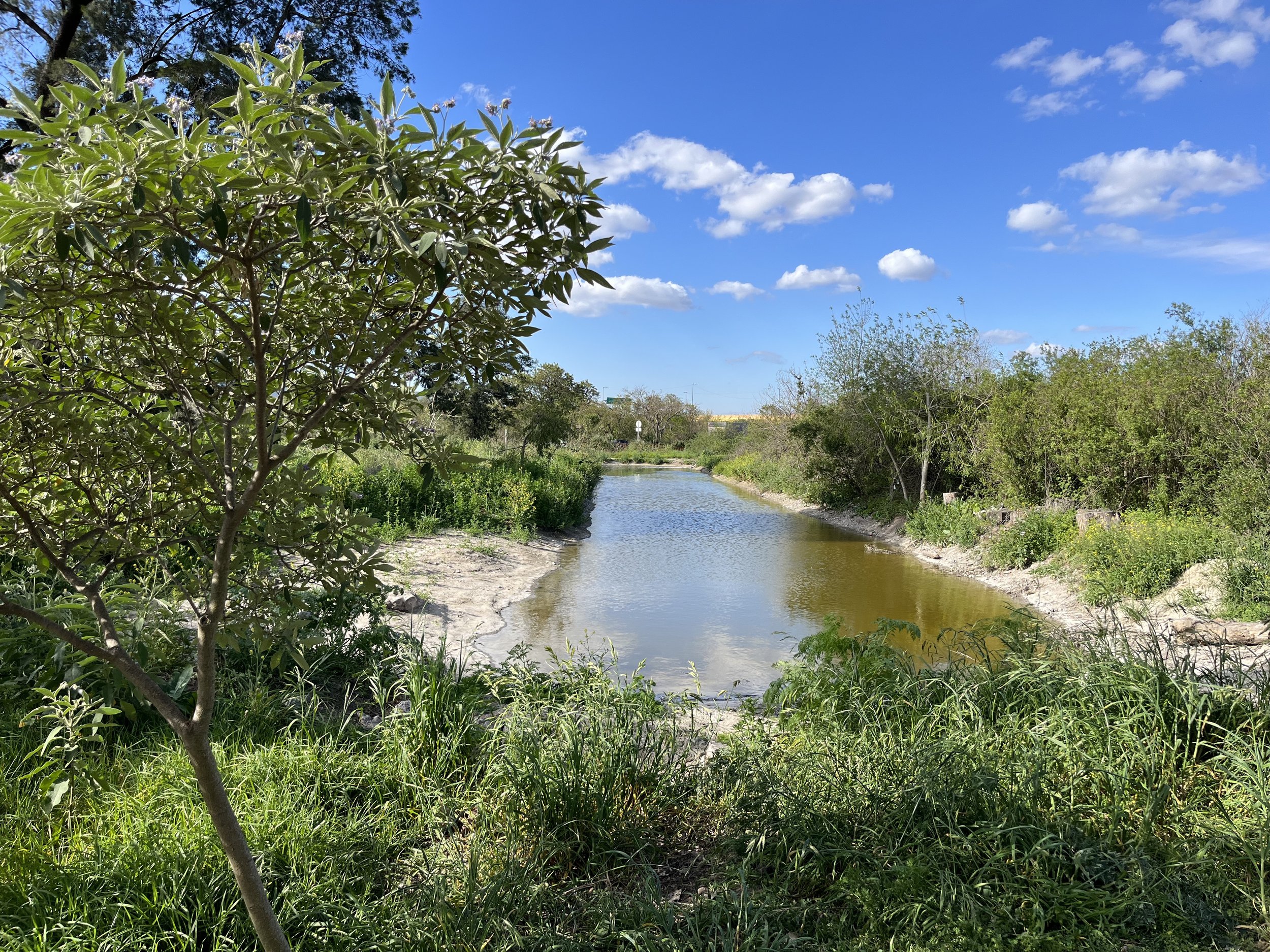
Buenos Aires
This Life-Lab incorporates three pilots which aim to re-blue and re-green places in dense urban environments, to improve air and water quality and for flood mitigation.
In Buenos Aires, several nature-based solutions will be implemented as part of a wider city-strategy, Breathe Deep / Respirar Profundo programme, to establish vegetated walls and fences around schools to reduce urban air pollution. The schools in the Ciudad Green Schools Programme are located in areas with high levels of NO2 and particulate matter from traffic. Interventions aim to improve air quality and therefore human health and well-being. Involving children will help to create opportunities for education and natural play.
The Buenos Aires Life-Lab will develop the local supply chain of natural products for nature-based solutions construction and management. Riberaba, the environmental education centre and the National Institute of Agricultural Technology will link with peri-urban farm-based social enterprises to co-create nature-based solutions using low-cost locally produced/recycled plants/materials. At the second Buenos Aires Ciudad pilot, in Reserva Ecologica Lago Lugano, a comparable supply chain and social innovation network approach will be taken to deliver phytoremediation to restore polluted streams in the Matanza River ecosystem. Researchers will test low-cost /maintenance as well as more intensive design and management approaches.
San Martin, a separate local municipality in Buenos Aires, seeks to deliver a SUDS oriented Linear Park around the culverted Medrano Stream at Villa Maipu. It will test a new nature-based solutions approach to storm water management, storm water quality control and flood control to help develop a future vision for deculverting. Nature-based solutions offer a cost-effective alternative to the traditional grey infrastructure approaches to flooding. This demonstration project will provide evidence that can justify a new nature-based solutions approach.
Conexus Life-Lab Factsheet Series
Green and biodiverse schoolyards through community participation
The Breathe/Respirar Program (BRP) is a research and action project in Buenos Aires, Argentina, on Nature-based Solutions (NbS) in schoolyards and their impact on the general well-being and learning process of children. To reach its objectives, the program builds on the collaboration between multiple people involved from various fields.
Lugano Wetland
The Lugano wetland pilot is restoring an aquatic ecosystem lost by urbanization in the south of Buenos Aires.
In October 2023, the last implementation phase was finalized and now it is time to let nature do its work colonizing with new species. Biodiversity enhancement is expected to lead to a more naturalized environment adapted to the new dynamics of the wetland.
Conexus Life-Lab Factsheet Series
Wetland Lugano, the restoration of an aquatic ecosystem
The Lugano wetland pilot is restoring an aquatic ecosystem lost by urbanization in the south of Buenos Aires. The pilot is led by the city government. It involves key stakeholders to promote social awareness about the benefits that wetlands provide to the community. The enhancement of biodiversity will transform the surroundings into a more naturalized landscape.
Breathe Respirar Program
Respirar is an action-research program, that studies the impact of green infrastructure in schoolyards, such as green fences and classrooms, on children’s general well-being, health, and learning process.
The designed schoolyard with biodiversity gardens allows for outdoor classes immersed in nature. The green classroom planted at Escuela Sargento Bernabé Marquez has experienced significant growth in the past year and has been promptly adopted by several teachers and students fostering novel uses and encouraging increased time spent outdoors.
Conexus Life-Lab Factsheet Series
Francia Street Rain Gardens: SuDS Implementation
The Municipality of General San Martín (MGSM), Buenos Aires, led a project to build linear Rain Gardens (RGs) along Francia Street as part of a Sustainable Urban Drainage System (SuDS) to manage stormwater. As a novel technology for the region, the RGs proved to be cost-effective and socially profitable.







